What do the Podar principals know?
by Christina Preston


1. What themes are common?
2. What themes are different?
3. Perceptions from the schools
4. What benefits for the schools?
4.1. Involving parents in the learning process
4.2. Motivation by praise and giving confidence
4.3. building confidence by careful planning
4.4. Better trained and confident teachers
4.5. Linking benefits to outcomes
4.6. How do we measure the outcomes?
4.7. Can we embed the outcomes and benefits into our practice?
5. Further actions
5.1. Pedagogical changes
5.2. building more statistics across the Podar organisations
6. Validity
7. Topics
7.1. Learning English
7.1.1. Making use of computer assistance CALL
7.1.2. Pictures and sound visual learning
7.2. Topographical surveys
7.2.1. Teacher led action research
7.2.2. Action research led by pupils
7.3. Reading
7.3.1. Comprehension: how does research link into the curriculum?
7.3.1.1. We had to be a mother to them first to give them confidence
7.3.1.1.1. Speaking clearly and confidently on platforms and on cell phones
7.3.2. Misconceptions in Middle School Mathematics
7.3.2.1. Identifying lists of misconceptions for teachers use
7.3.2.1.1. New node
7.4. Looking at the value of different modes of learning
7.4.1. Traditional modes of learning like pencils
7.5. Science teaching: looking at rivers
7.5.1. Misconceptions in scientific theory
7.5.1.1. Not simple to identify
7.5.1.1.1. collecting data. who shall we ask? where shall we do this? which settings can be used?
